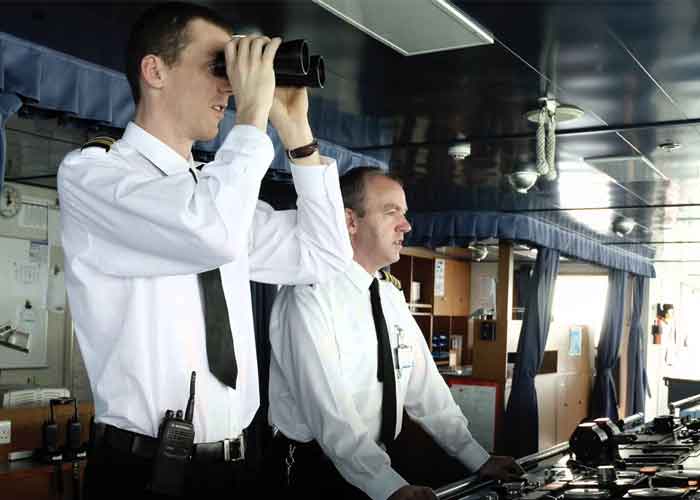Course Description
Our 5-day Bridge Team Management (BTM) course is in accordance with and meets the requirements laid down in Regulation I/12, Section A-I/12, Code B – I /12 of the STCW Convention as amended in 2010, and IMO Model Course 1.22- Ship Handling and Bridge Team Work and all additional criteria, specified in the STCW convention, applicable to the issue of the certificate.
The BTM course can be tailored to be more specific to individual company requirements and still remain within the STCW / IMO guidelines.
Scope of the Course
The aim of the BTM training is to enhance the student’s skills in Effective Bridge Team Management Procedures.
Upon completion of the course the learner will be able to understand :
- Prepare and execute a detailed passage plan
- Achieve the best use of available resources for the safe navigation of the ship
- Apply effective communication skills within a Bridge Team
- Appreciate the need and value of effective bridge procedures
- Aespond effectively to navigational emergencies
- Effectively interpret a ships maneuvering data.
This Course includes sections on the following topics:
- Familiarization – Effective Management of Bridge Resources
- Passage Planning – Routes, Way points, planning
- Bridge Procedures – Bridge Team concept, functional bridge team, check list, logs
- Ship Handling – Use of maneuvering data, vessel hydrodynamics, use of engine controls, anchor handling, restricted visibility & heavy weather navigation.
- Watch-keeping Conditions – Watch augmentation, changes, management of work and rest periods.
- Effective Communications – Confirmation and application of information among bridge teamwork members.
- Integration of Pilot into bridge team
- Situational Awareness – Error-trapping, reassessment of priorities, resource allocation, use of bridge systems and equipment.
- Leadership – Maintaining bridge discipline, vigilance, positioning, watch-keeping personnel
- Response to Bridge Emergencies – Failure of a critical component in integrated navigational system, incapacity of bridge teamwork member(s).
